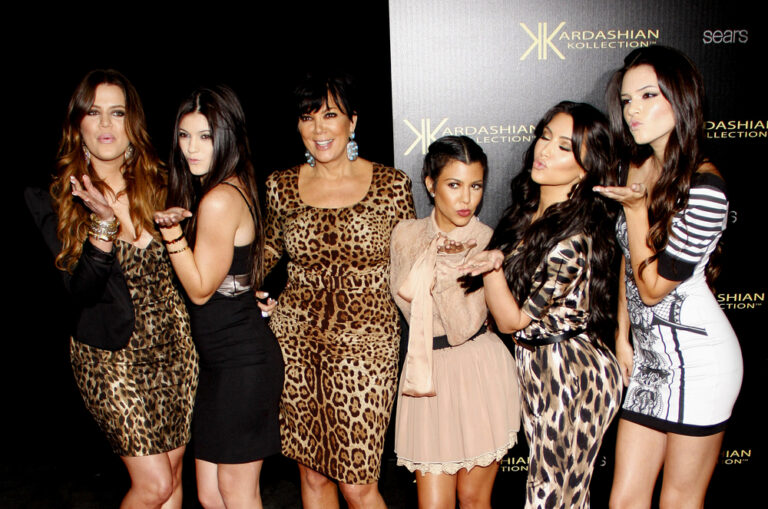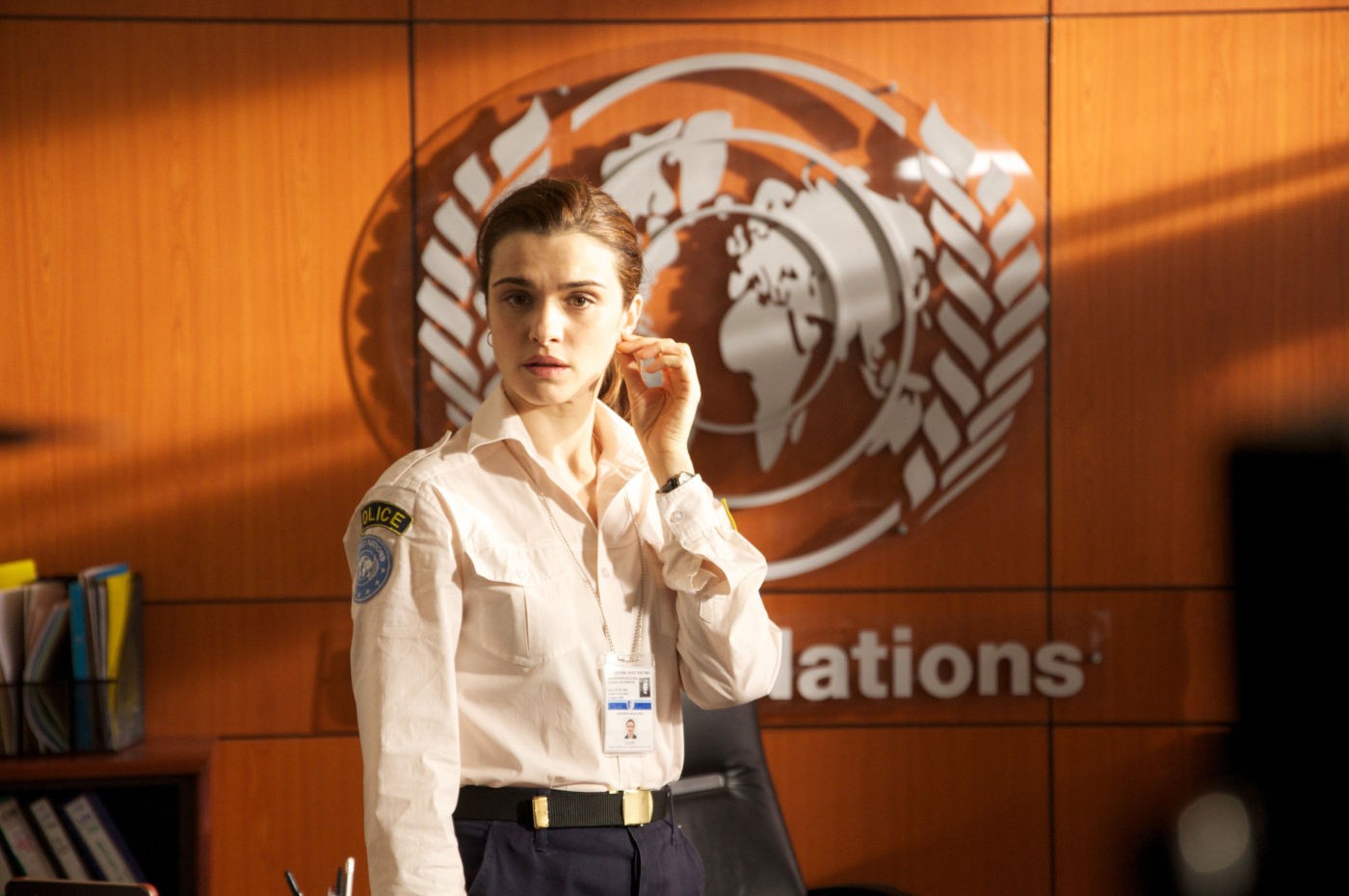
fciwomenswrestling.com femcompetitor.com article, Samuel Goldwyn Films photo credit
At times, attempting to understand why the average person does what they do can range from very hard to extremely difficult.
Understanding why extremely bright and unusual people do what they do sometimes is next to impossible.
Years ago this phenomenon of professional adults placing themselves in the pathway of clear and present danger to help the world while they have children at home who need them has always been puzzling to us.
Why do they do that?
We’re excluding some professions from this discussion like law enforcement and the military since most civilizations cannot function without them.
To be direct, it’s the journalists who travel to war zones who place themselves in death’s scope while they have children at home that is intriguing and perplexing.
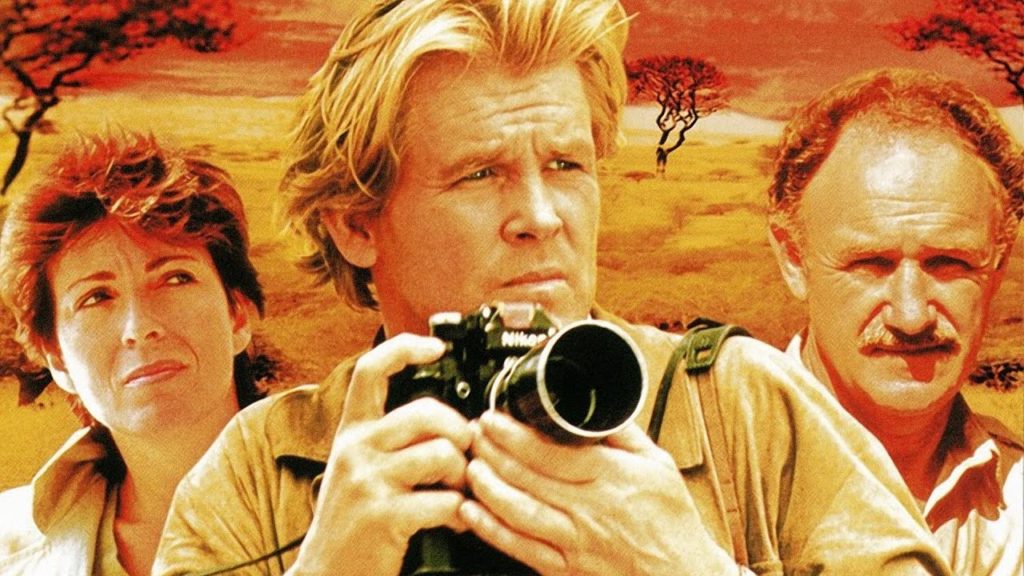
Under Fire is a 1983 American political thriller film set during the last days of the Nicaraguan Revolution that ended the Somoza regime in 1979 Nicaragua. It stars Nick Nolte, Gene Hackman and Joanna Cassidy. The musical score by Jerry Goldsmith, which featured well-known jazz guitarist Pat Metheny, was nominated for an Academy Award. The editing by Mark Conte and John Bloom was nominated for a BAFTA Award for Best Editing.
The Film was shot in the Mexican states of Chiapas and Oaxaca.
The turning point for the International Community in the fictional film came when Gene Hackman’s prominent character was murdered which changed the course of a civil war.
Very good.
Now many who cannot speak for themselves and their children will benefit from his death?
Somehow we get the feeling that his children at home would not.
The question we had was, why is he there? Why was he there?
What motivated him to place himself in harm’s way, especially if he did indeed have children in his own home who now completely will suffer from that decision?
We have walked in many worlds and we sense that leaders in organized religion, primarily men, go through this as well.
They have a responsibility to the flock.
We understand that.
But in some cases they spend so much time helping the rank and file families along with the family’s children to the neglect of their own.
In that world, our observation was that while most of their motivations were honorable, there did seem to be a strong need to fulfill a desire for community respect and prominence.
What prompted us to revisit this philosophical menu is due to two recent films we saw that are impactful and disturbing.
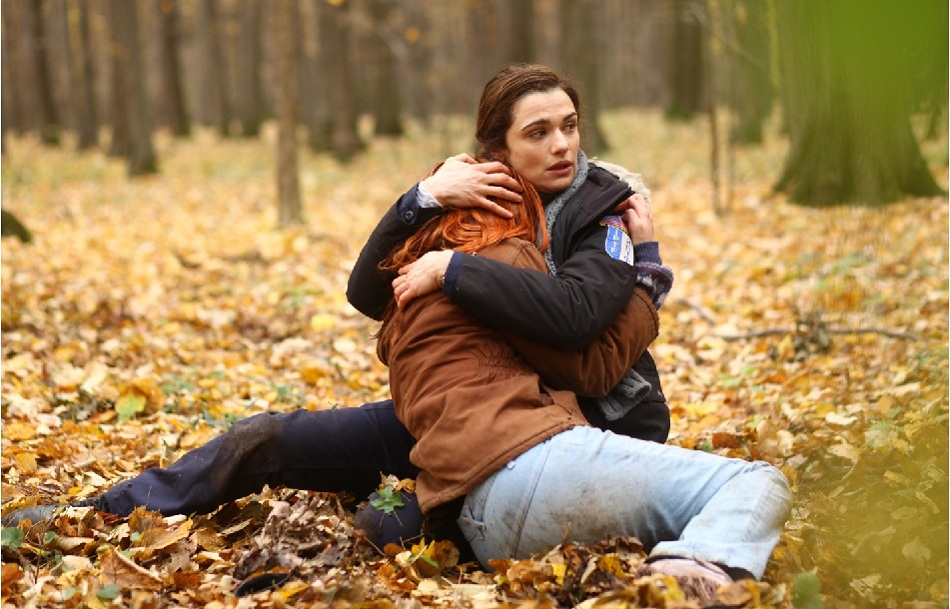
The Whistleblower is a 2010 Canadian–German–American biographical crime drama film directed by Larysa Kondracki and starring Rachel Weisz.
Ms. Kondracki and Eilis Kirwan wrote the screenplay, which was inspired by the story of Kathryn Bolkovac, a Nebraska police officer who was recruited as a United Nations peacekeeper for DynCorp International in post-war Bosnia and Herzegovina in 1999.
While there, she discovered a sex trafficking ring serving (and facilitated by) DynCorp employees, with the UN’s SFOR peacekeeping force turning a blind eye.
Ms. Bolkovac was fired and forced out of the country after attempting to shut down the ring. She took the story to BBC News in England and won a wrongful-dismissal lawsuit against DynCorp.
Watching the film was difficult as there was a very clear wrong occurring yet no one in leadership positions were remotely concerned that those Bosnian girls were trapped in the world of sex-trafficking.
Wouldn’t you agree that someone needed to do something about it?
Kathryn’s efforts were extremely heroic through a sea of life threatening duress and while we absolutely applaud her efforts, in the film she did leave a daughter at home.
This assignment was voluntary.
Later, to put it mildly, her relationship with her daughter was strained.
The final credits note that after Kathryn’s departure, a number of alleged criminal peacekeepers were sent home (although none faced criminal charges because of immunity laws), and the U.S. continues doing business with private contractors including billion-dollar contracts in Iraq and Afghanistan.
Ultimately when the film ended, though Kathryn did bring this nightmare to the world, ultimately, according to the ending credits on the film, nothing has changed. As far as we know, the sex trafficking continues to this day.
The damage that seemed to occur between Kathryn and her daughter, who we gleaned felt abandoned, passionately prompts us to ask the question?
Was it worth it?
The next film exemplifies this discussion in an even more disturbing way.

Thumper is a crime thriller directed and written by Jordan Ross and starring Eliza Taylor, Lena Headey, Pablo Schreiber, Ben Feldman, Daniel Webber, and Grant Harvey. The film premiered at the 2017 Tribeca Film Festival was released November 7, 2017.
The storyline unfolds as teens in a low-income neighborhood get lured into working for a violent and dangerous drug dealer. When a new girl harboring a dark secret arrives in town, her relationship with them jeopardizes everything and everyone involved, including her.
What they don’t realize is that the new girl (Kat) is a young looking adult who is an uncover cop determined to break up the drug ring and bust them.
Between Kat and her supervisor, who clearly doesn’t appreciate what dangers Kat is in and doesn’t seem to care about her as a person, both of their reasoning for keeping Kat in what will eventually become an extremely volatile, drug ingested and very real death dealing situation is that Kat is doing this to get a particular batch of poisonous drugs off the streets that has already killed several young people.
That’s a very noble cause.
The problem with Kat’s theory though, is to accomplish this, she has essentially abandoned her own son who lives with her ex-husband and his live in lover who is evolving into a wonderful step mother.
If she wasn’t a tremendous step mother, is it possible, due to neglect, that Kat’s own son would be headed down a self-destructive path which may include drugs?
We said we would leave law enforcement out of this discussion but undercover law enforcement is different. Why?
It’s voluntary.
Kat does not have to be there. She could be behind a desk or walking a beat and go home to her son in the evening.
She has chosen not to.
The ending in the Whistleblower is horrific on a national and global level.
The ending in Thumper is horrific on a personal level and yet one compared to millions in this case is far more disturbing.
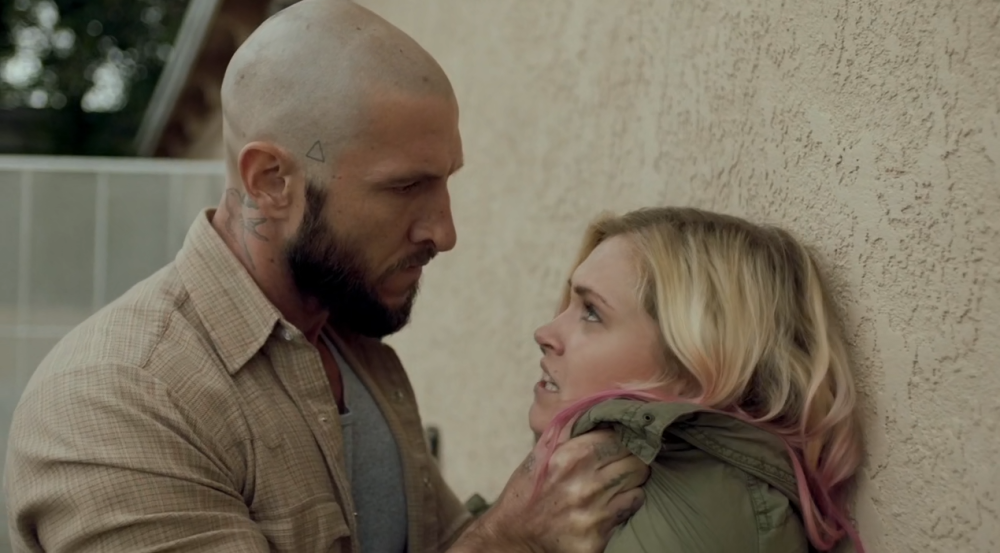
Ultimately her very young son has determined that he will fully embrace his new mother and discard his biological one into the abyss of the emotionally painful past.
Though she is considered the heroine, and we did root for her to help get the poison off the streets, we found it impossible to feel sympathy for her from the standpoint of being a mother as the film concludes.
A martyr could be described as a person who undergoes severe or constant suffering, which if they achieve their goal, will greatly benefit others.
That’s one view.
Another is, in some parental cases, a martyr is the description of a person who seeks sympathy or attention by feigning or exaggerating pain and deprivation for that cause. It is a way of bringing some meaning to what beneath the surface is apparently a very troubled and in their mind otherwise empty life.
Sarah A Benton in her February 06, 2017 article in Psychology Today explains, “The underlying belief system of these individuals is that “It is the noble thing to do. They believe they are somehow better than others because they help people all the time without getting anything back.” While motives may or may not be pure, their actions are not helpful to all involved.”
Certainly not to their own children.
At times it appears to be the thinking of someone who, despite having a great and sometimes high paying profession, in reality is a person of extremely low self-esteem.
At oprah.com, her group shares, “Often martyrs create and rehearse their parts in a dysfunctional pattern of interaction called the Karpman drama triangle. The triangle involves three possible roles: victim, rescuer, and persecutor.”
They essentially seem to be saying to the world, please love me. Please admire me. Please respect and even worship me because of my selflessness.
Question to all of you reading this.
Our first responsibility in life as a parent is to take care of who first?

Edmund Burke lived from January 12, 1730 thru July 9, 1797.
He was an Irish statesman born in Dublin, as well as an author, orator, political theorist and philosopher, who after moving to London in 1750 served as a member of parliament (MP) between 1766 and 1794 in the House of Commons with the Whig Party.
Mr. Burke was a proponent of underpinning virtues with manners in society and of the importance of religion in moral life.
He was once quoted as expressing, “The only thing necessary for the triumph of evil is for good men to do nothing.”
The quote is so often repeated that you have probably heard it before.
We’re not saying that we disagree with it.
Having said that, if you are a parent making great sacrifices for society, possibly to the detriment of your health and life and you have children in the home, shouldn’t you at least ask the question as to why you are doing that and what the long-term consequences may be?
Yes someone indeed has to do it. Save the community, nation or world that is. Preferably single with no children?
We’re not judging.
Just asking.
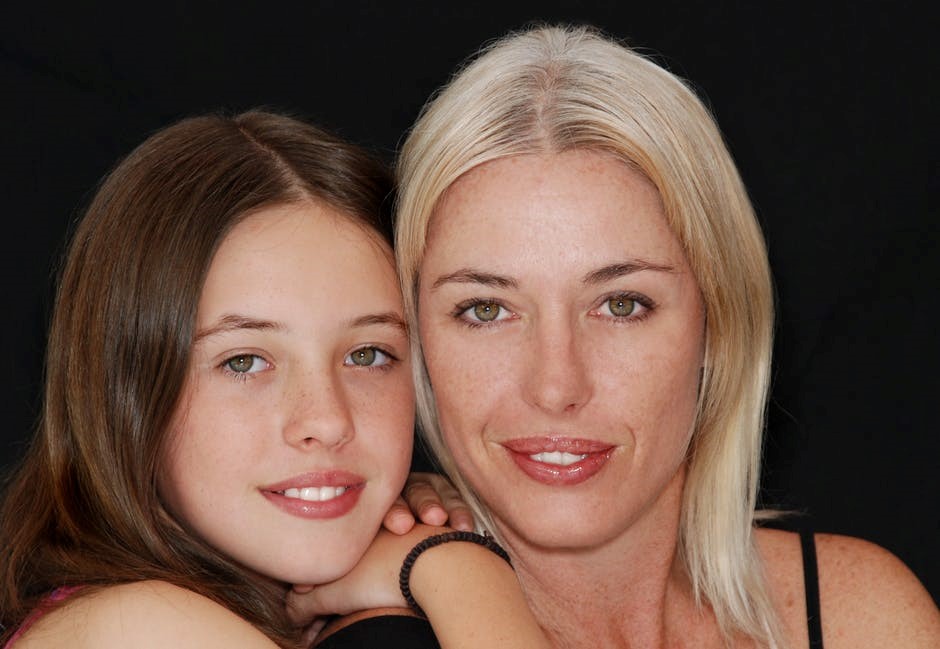
~ ~ ~
OPENING PHOTO CREDIT fciwomenswrestling.com femcompetitor.com article, Samuel Goldwyn Films photo credit
https://en.wikipedia.org/wiki/Under_Fire_(film)
https://en.wikipedia.org/wiki/The_Whistleblower
https://en.wikipedia.org/wiki/Thumper_(film)
http://www.dictionary.com/browse/martyr
https://www.psychologytoday.com/blog/the-high-functioning-alcoholic/201702/the-savior-complex
http://www.oprah.com/inspiration/how-to-stop-being-a-martyr#ixzz58B1hcDj8
